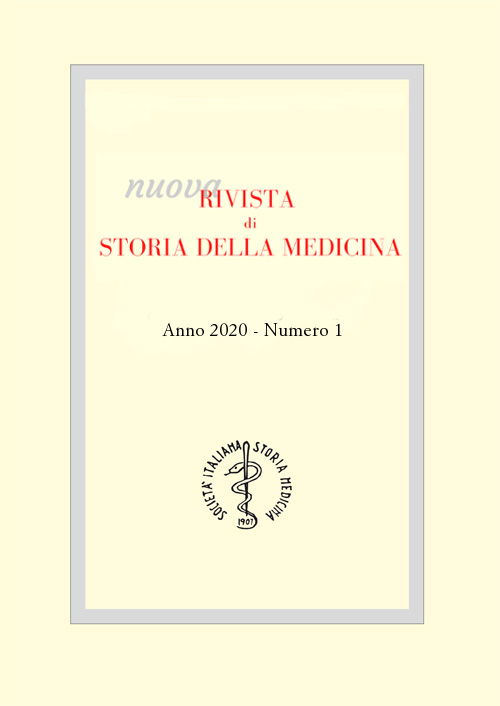Giuseppe Jona, un clinico anatomopatologo veneziano del primo Novecento
DOI:
https://doi.org/10.13135/2724-4954/5352Keywords:
Shoah, racial laws, pathology, fascism, suicideAbstract
Giuseppe Jona, Venetian doctor born in 1866, was a patho-logist first at the University of Padua and then at the Second Medical Division of the Civil Hospital of Venice. He intro-duced and increased the practice of autopsies according to the tradition always present in the Serenissima, which as-sumed an important didactic role with the establishment of a pathological Museum. He later taught in the course of To-pographical and Pathological Anatomy in the Practical School of Medicine and Surgery of Venice, always follo-wing a specially practical anatomo-clinical approach. He was a member of the “Istituto Veneto di scienze, lettere ed arti”, of which he became president. In 1936 he retired, ne-ver forgetting the poor and needy, being called “the doctor of the poor”. The racial laws of the 1938 first and the can-cellation from the Board of Medicine in 1940 which pre-vented him from any professional activity. However, his social commitment did not fail and he assumed the position of President of the Board of Directors of the Jewish Com-munity of Venice. After the armistice of September 8, 1943, Venice was occupied by German troops. To avoid collaborating with the Germans in order to provide the na-mes of the members of the Jewish community destined for extermination, Jona decided to commit suicide on Septem-ber 16, 1943. His last thought was for “faith in a day of justice”, that justice that had constantly inspired his life as a man and as a doctor



